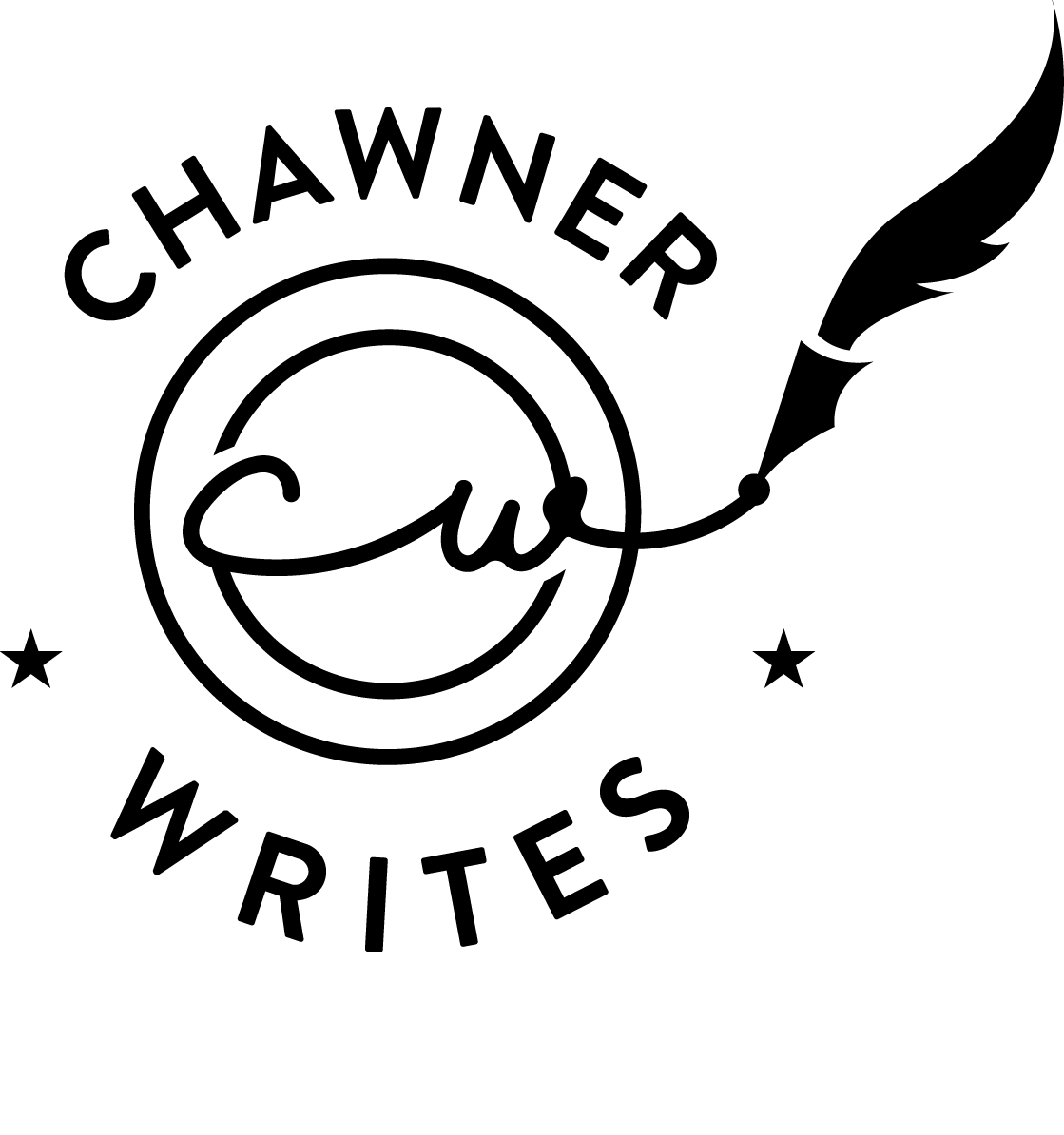David Mitchell
TLDR; Great read. An immersive books, requiring fifty pages to settle into this world and the Dutch names.
I picked up “The Thousand Autumns..” after Hugh Howey referred to it here. Howey’s recommendation focused on Mitchell’s use of sound and smell to set a scene. Based in Dejima, a Dutch trading settlement outside of Nagasaki at the turn of the nineteenth century, “The Thousand Autumns” features an immersive plot, remarkable characters and brilliant descriptions. One can imagine the streets and buildings of Dejima and the formalized Japanese settings. The first chapters of the book require patience, between the Dutch and Japanese names and customs. This is only the second Mitchell book I’ve read. The other was Ghostwritten, also excellent.
Highly recommended, immersive, memorable.
